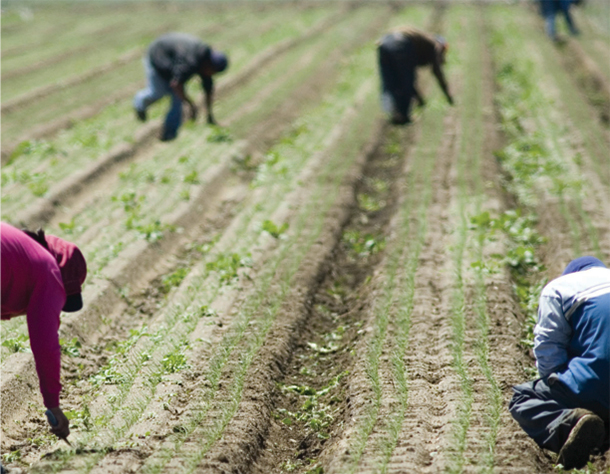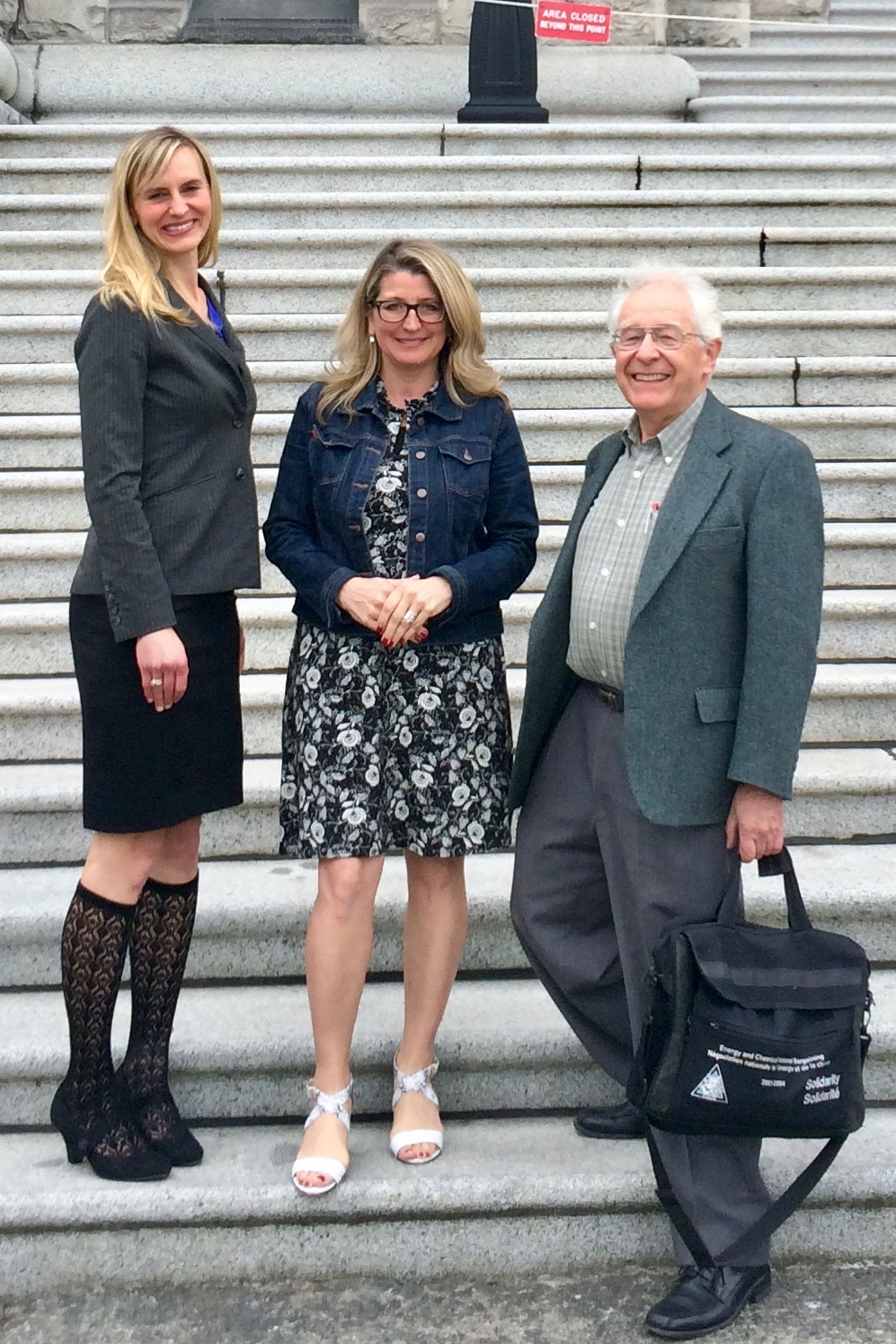
Photo: Canadian Centre for Policy Alternatives.
Monday, August 6th is Farm Worker Appreciation Day. Beyond expressing symbolic gratitude for those who do the vital work of growing food and other agricultural goods, this day marks an occasion to amplify workers’ struggles for concrete improvements to their lives and working conditions.
Community advocates and researchers with the Coalition have long highlighted how racialized farm workers are among the lowest-paid, most vulnerable and exploited workers in BC. Their lesser rights and protections under the Employment Standards Act creates a second-class status in the labour market that is discriminatory and unethical toward workers and their families. Past research includes a 2008 CCPA report led by Coalition Co-Chair David Fairey on the rights of racialized immigrant and migrant farm workers in BC. In 2015, a report co-authored by Kerry Preibisch and Coalition member Gerardo Otero highlights how a precarious citizenship status intensifies workers’ risk of dangerous work. Many of these issues remain unchanged today; the problem of a sub-minimum piece rate has been festering for decades. In 2016, the Migrant Workers Dignity Association released the report Beyond Our Plates, which documents stories from the lives of migrant agricultural workers in BC between 2014-15.

Coalition members David Fairey and Anelyse Weiler meeting with Agriculture Minister Lana Popham.
This past June, Coalition members David Fairey, Seth Klein and Anelyse Weiler met with Minister of Agriculture Lana Popham and Ministry of Labour representatives to discuss the provincial government’s disappointing decision to continue excluding piece-rate farm workers from the general minimum wage. As outlined in our briefing notes, we are calling on the provincial government to adopt the Fair Wages Commission’s recommendation of an hourly minimum wage floor, with the option of incentive rates. Although the most ethical decision may be controversial among employers who would like to continue paying a sub-minimum wage, it is fairer to high-road employers who are already paying at least the minimum wage.
As Fairey and Weiler note in their Vancouver Sun op-ed, the Fair Wages Commission’s recommendation is based on rigorous research by Professor Mark Thompson, B.C.’s former employment standards review commissioner.
The government has postponed a decision on the sub-minimum piece rate wage until the completion of additional research by UBC economist Karen Taylor, due 31 December, 2018. Throughout the history of the piece rate in BC, the interests of BC’s agriculture industry have been foregrounded. We urge the BC government to meaningfully involve farm workers and their representatives in any research on this issue. We also encourage the BC government to help ensure a vibrant, fair and sustainable agricultural sector by ensuring all farm workers are paid at least the minimum wage.
